具體描述
內容簡介
今《書》中的部分篇章,尤其是《虞書》、《夏書》中,有不少是後人追記或經過後人改寫的。儒傢尊《書》為經,主要是因為《書》中蘊涵著“先王之道”。所以,《尚書》又有特殊的文化價值。 目錄
前言
凡例
尚書序
虞書
堯典
舜:典
汩作亡
九共(九篇)亡
槁飫亡
大禹謨
皋陶謨
益稷
夏書
禹貢
甘誓
五子之歌
胤徵
商書
帝告亡
厘沃亡
湯徵亡
汝鳩亡
汝方亡
湯誓
夏社亡
疑至亡
臣扈亡
典寶亡
仲虺之誥
湯誥
明居亡
伊訓
肆命亡
徂後亡
太甲(上)
太甲(中)
太甲(下)
鹹有一德
沃丁亡
鹹義(四篇)亡
伊陟亡
原命亡
仲丁亡
河宣甲亡
祖乙亡
盤庚(上)
盤庚(中)
盤庚(下)
說命(上)
說命(中)
說命(下)
高宗肜日
高宗之訓亡
西伯戡黎
微子
周書
泰誓(上)
泰誓(中)
泰誓(下)
牧誓
武成
洪範
分器亡
旅獒
旅巢命亡
金滕
大誥
微子之命
歸禾亡
嘉禾亡
康誥
酒誥
梓材
召誥
洛誥
多士
無逸
君爽
蔡仲之命
成王政亡
將蒲姑亡
多方
立政
周官
賄肅慎之命亡
毫姑亡
君陳
顧命
康王之誥
畢命
君牙
同命
呂刑
文侯之命
費誓
秦誓
後記 精彩書摘
及秦始皇滅先代典籍,焚書坑儒,天下學士逃難解散,我先人用藏其傢書於屋壁。漢室龍興②,開設學校,旁求儒雅,以闡大猷④。濟南伏生,年過九十,失其本經,口以傳授,裁二十餘篇。以其上古之書,謂之《尚書》。百篇之義,世莫得聞。至魯共王,好治宮室,壞孔子舊宅以廣其居,於壁中得先人所藏古文虞、夏、商、周之《書》及傳,《論語》、《孝經》,皆科鬥文字。王又升孔子堂⑨,聞金石絲竹之音,乃不壞宅,悉以書還孔氏。科鬥書廢已久,時人無能知者,以所聞伏生之書考論文義,定其可知者為隸古定,更以竹簡寫之,增多伏生二十五篇。伏生又以《舜典》閤於《堯典》,《益稷》閤於《皋陶謨》,《盤庚》三篇閤為一,《康王之誥》閤於《顧命》。復齣此篇,並序,凡五十九篇,為四十六捲。其餘錯亂摩滅,弗可復知,悉上送官,藏之書府,以待能者。 前言/序言
《尚書》本單名《書》,是我國第一部較為可靠的史料匯編,由《虞書》、《夏書》、《商書》、《周書》四部分組成。春鞦以來的傳本,據《書序》知為100篇。今傳本58篇,其中有25篇被視為“僞古文”。
“書”字在古文字中,是一手持聿(筆)書寫的象形,本義為書寫。書寫的動作叫“書”,書寫下來的文字自然也就可以叫《書》(如書信稱“書”)。而西周以上,具有書寫職能的,隻有朝廷史官。所以,當時所謂《書》,就是史官所書,即史官對朝廷大事及君主言行的記錄,相當於國傢檔案。可見,《書》原本就具有較高的史料價值。當然,今《書》中的部分篇章,尤其是《虞書》、《夏書》中,有不少是後人追記或經過後人改寫的。儒傢尊《書》為經,主要是因為《書》中蘊涵著“先王之道”。所以,《尚書》又有特殊的文化價值。
《書》既然是史官所錄,按道理其篇目一定很多,因為史官的記錄是不間斷的。而事實上,古時候的《書》也確實如此。《墨子·貴義》篇裏麵說:“昔者周公旦朝讀《書》百篇。”這是說周代以前的《書》,可見篇數已經不少。《尚書璿璣鈐》也載:“孔子求得黃帝玄孫帝魁之《書》,迄秦穆公,凡三韆三百三十篇。”(《史記·伯夷列傳》索隱引)當然,這個數字並不一定真實,但也說明古人承認《書》篇本來很多。另外《左傳》等先秦古書引“《書》曰”之語,往往有齣百篇之外者,亦有在今《逸周書》者,說明百篇之《書》,確是經人刪定之本。
《先秦諸子集成》 內容簡介 《先秦諸子集成》是一部匯集先秦時期重要思想文獻的宏大編纂,旨在係統梳理、傳揚 those who laid the foundations of Chinese philosophical thought. This meticulously compiled collection offers a panoramic view of the intellectual landscape that shaped the nascent stages of Chinese civilization, presenting a rich tapestry of ideas that continue to resonate through millennia. It is not merely a compilation of ancient texts, but a scholarly endeavor to preserve, illuminate, and make accessible the profound wisdom and diverse perspectives that emerged during this formative era. The scope of "集成" (Jíchéng), meaning "collection" or "integration," is broad, encompassing a spectrum of philosophical schools and their seminal works. The intention is to provide a comprehensive resource for understanding the genesis and evolution of Chinese thought, from the ethical and political concerns of the Spring and Autumn period to the intellectual ferment of the Warring States. Each text within this collection represents a unique voice, a distinct approach to grappling with the fundamental questions of human existence, governance, morality, and the cosmos. Within its pages, readers will encounter the cornerstone texts of: 儒傢 (Rújiā – Confucianism): This tradition, deeply concerned with social harmony, ethical cultivation, and good governance, is represented by its most influential figures. The collection will feature texts that elucidate the principles of rén (benevolence), yì (righteousness), lǐ (propriety), zhì (wisdom), and xìn (trustworthiness), exploring their application in individual conduct, familial relationships, and the organization of the state. The emphasis here is on moral self-improvement as the basis for societal order and the importance of virtuous leadership. Readers will find explorations of educational ideals, the duties of rulers and subjects, and the cultivation of a just and equitable society through exemplary conduct. 道傢 (Dàojiā – Taoism/Daoism): In contrast to the structured social order championed by Confucianism, Taoism offers a philosophy centered on living in accordance with the Dào (Way), the fundamental, ineffable principle of the universe. Texts within this section will delve into concepts such as wúwéi (non-action), naturalness, spontaneity, and the pursuit of inner peace through alignment with the natural flow of existence. It explores the limitations of human artifice and societal conventions, advocating for a return to a simpler, more intuitive way of being. The focus is on individual liberation, spiritual cultivation, and understanding the inherent rhythms of the natural world. 法傢 (Fǎjiā – Legalism): This school of thought, prominent during the Warring States period, emphasizes the paramount importance of law, strict governance, and centralized authority as the means to achieve social order and state strength. The collection will present works that articulate the principles of reward and punishment, bureaucratic efficiency, and the need for clear, enforceable laws to curb human selfishness and maintain stability. Legalism, in its stark realism, posits that human nature is inherently self-interested and requires strong external controls to prevent chaos. 墨傢 (Mòjiā – Mohism): Mohism, founded by Mozi, offers a distinctive ethical framework characterized by its advocacy for jiān’ài (universal love) and fēigōng (condemnation of offensive warfare). Texts from this school will highlight its emphasis on pragmatic utilitarianism, the importance of mutual benefit, and its critique of both Confucian extravagance and Taoist passivity. Mohism calls for impartiality, hard work, and a focus on the welfare of all people, often challenging prevailing social norms and advocating for rigorous standards of evidence and reasoning. 名傢 (Míngjiā – School of Names/Logicians): This school, though less prevalent in its influence compared to others, made significant contributions to the development of logical reasoning and argumentation in ancient China. Their texts explore the relationship between names and realities, the subtleties of language, and the construction of persuasive arguments. While sometimes perceived as abstract, their work laid important groundwork for critical thinking and the precise use of language. 陰陽傢 (Yīnyángjiā – School of Yin-Yang): This school’s focus on cosmology, divination, and the principles of yīn and yáng (yin and yang) – the dualistic forces that govern the universe – provides insights into ancient Chinese understandings of natural phenomena and their perceived influence on human affairs. Their theories sought to explain the interconnectedness of all things and the cyclical patterns of change in both the natural and human realms. 兵傢 (Bīngjiā – Military Strategists): While often studied independently, the works of renowned military thinkers are included to demonstrate their philosophical underpinnings and their articulation of strategies that were deeply intertwined with political and ethical considerations. These texts explore the art of warfare not merely as a matter of brute force, but as a complex undertaking requiring deep understanding of strategy, psychology, and the opportune use of resources, often with a philosophical justification for its necessity. The "先秦諸子集成" is more than a mere repository of ancient wisdom; it is a scholarly initiative designed to foster a deeper and more nuanced appreciation of the intellectual heritage of pre-imperial China. The compilation aims to provide readers with unadulterated access to the primary sources, allowing for direct engagement with the original arguments and the historical context from which they arose. Each text is presented with meticulous attention to textual integrity, facilitating scholarly research and general study. The collection serves multiple purposes. For scholars, it offers an indispensable resource for textual analysis, comparative studies, and historical research into the origins of Chinese thought. For students of philosophy, history, and culture, it provides a foundational understanding of the diverse intellectual currents that have shaped East Asian civilization. For the general reader interested in the enduring questions of life, governance, and the human condition, it offers profound insights and timeless wisdom. By bringing together these seminal works, "先秦諸子集成" facilitates a holistic understanding of the pre-imperial Chinese intellectual landscape. It highlights the debates, the dialogues, and the divergences that characterized this vibrant period, revealing a complex and dynamic intellectual ecosystem. The reader will discover how different schools of thought grappled with similar problems, offering contrasting solutions and forging distinct pathways for human flourishing and societal organization. This collection is an invitation to explore the roots of Chinese civilization, to engage with the ideas that have shaped its past, and to ponder their relevance in the present. It is a testament to the enduring power of human inquiry and the profound depth of ancient Chinese thought, offering a gateway to understanding a worldview that has influenced billions across centuries and continues to offer valuable perspectives on the challenges and opportunities of human life. The meticulous arrangement and scholarly presentation of these texts ensure that the wisdom of the ancients remains accessible and relevant for generations to come.
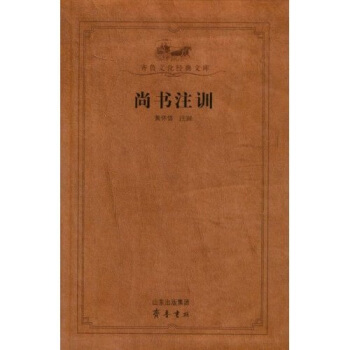


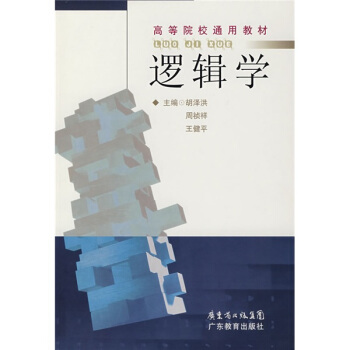
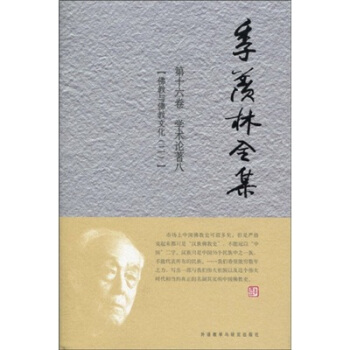
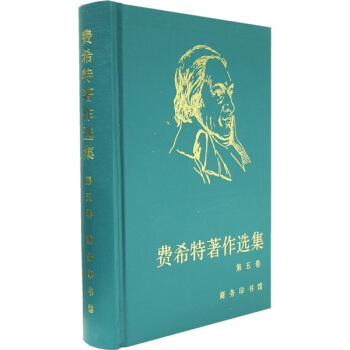
![當代世界學術名著:嫉妒的製陶女 [La Potiere Jalouse] pdf epub mobi 電子書 下載](https://pic.tinynews.org/10074366/1139196b-651d-442e-bfc9-b16fe1ee61f2.jpg)
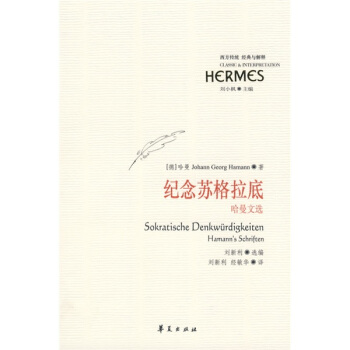
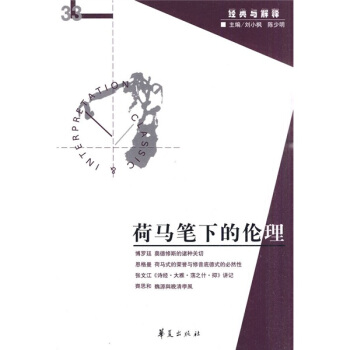
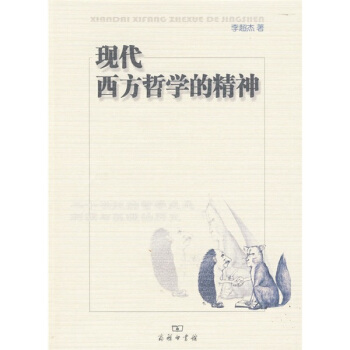

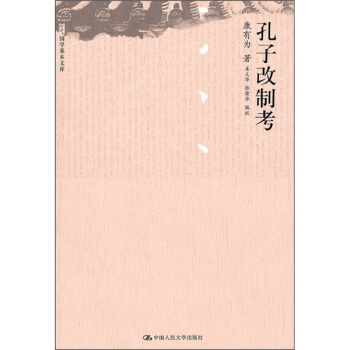
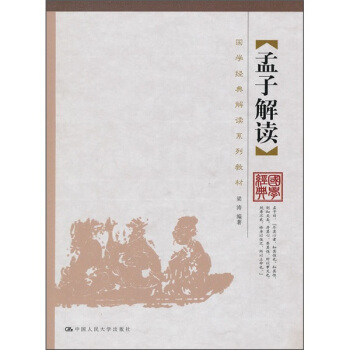

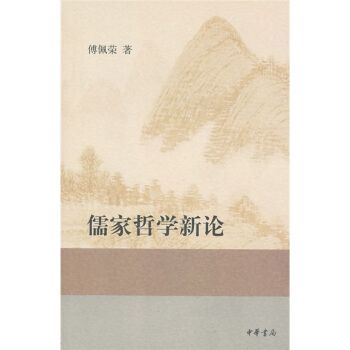
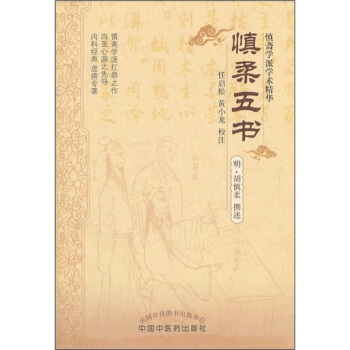

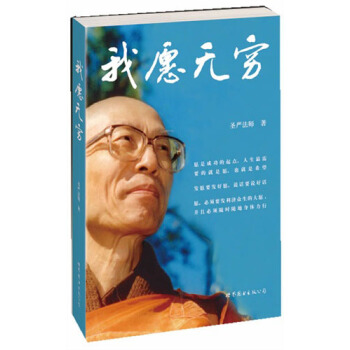
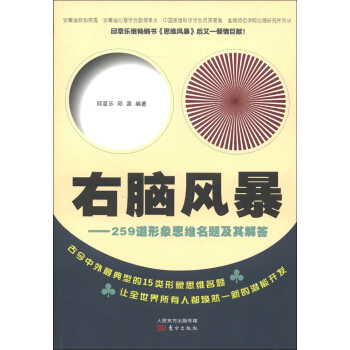
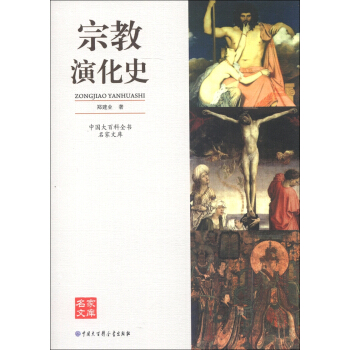
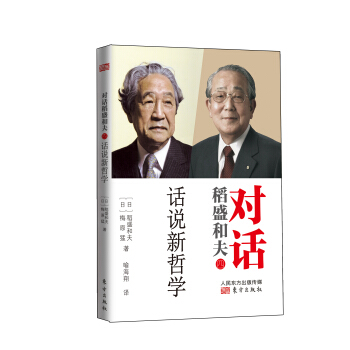
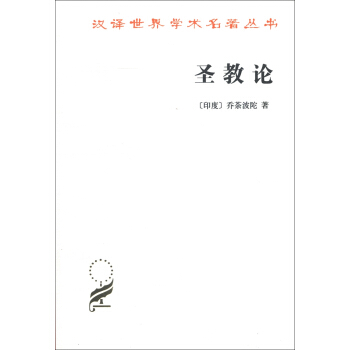
![當代世界學術名著:形而上學的邏輯基礎(中文修訂版) [The Logical Basis of Metaphysics(A Chinese Revision)] pdf epub mobi 電子書 下載](https://pic.tinynews.org/11263501/rBEhWlHJcKAIAAAAAAXaMX-7xXAAAAhRQEzGLUABdpJ358.jpg)